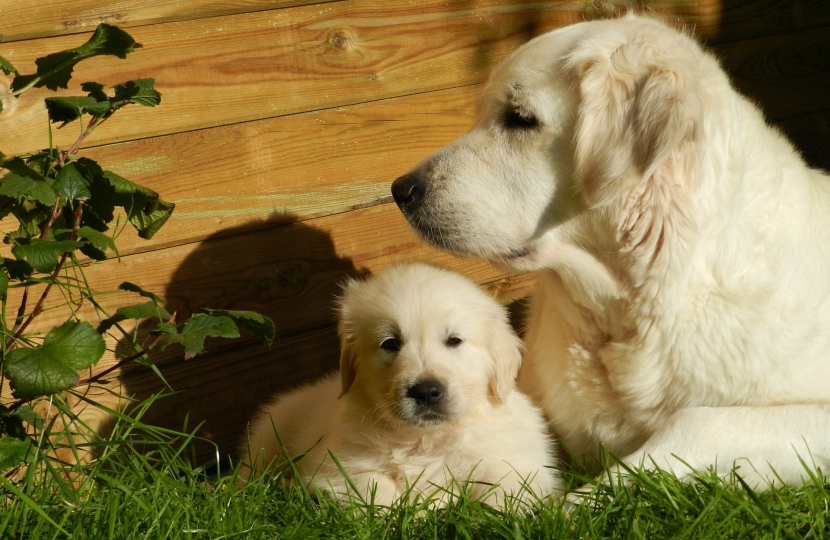
I appreciate your concerns about the BBC Panorama programme about dog breeding. I would like to assure you that the Government takes the issue of low welfare and illegal supply of puppies seriously. The Animal Welfare Act 2006 requires owners or handlers of animals to protect them from harm and to provide for their welfare in line with good practice. A breach of these provisions may lead to imprisonment, a fine, or both. Any case of animal cruelty is completely unacceptable and I would fully welcome prosecutions being brought against anyone found to have caused suffering to an animal.
The 2006 Act is backed up by the statutory Code of Practice for the Welfare of Dogs which provides general welfare information, including a section on how to protect them from pain, suffering, injury and disease. That section recommends owners seek veterinary advice before breeding dogs and that owners should take all reasonable steps to ensure the provision of care required during pregnancy.
Under The Animal Welfare (Licensing of Activities Involving Animals) (England) Regulations 2018, anyone in the business of breeding and selling dogs and/or who breeds three or more litters in a 12-month period needs to have a valid licence from their local authority. Under the 2018 Regulations, licencees must achieve and maintain statutory minimum animal welfare standards, including provisions to protect dogs from being bred from too often or at an early age.
The 2018 Regulations are enforced by local authorities who have powers to issue, refuse or revoke licences. Local authorities are responsible for enforcing legislation in this area. If you are concerned about the welfare of breeding dogs in a specific place, I would strongly encourage you to report this to the local authorities who have the powers to investigate.
I understand that the regulations are due to be reviewed this year, where standards and associated guidance will be re-examined and any changes will be considered. Officials from the Department for Environment, Food and Rural Affairs are proactively working with local authorities to collate data that can provide a picture of licensed and unlicensed activities involving animals in England, including dog breeding. We will be working with partners, including local authorities and stakeholder sector groups, while we undertake this review.
Finally, fertility clinics which offer the diagnosis of diseases, perform tests for diagnostic purposes, or carry out medical or surgical treatment such as artificial insemination on dogs, are subject to the requirements of The Veterinary Surgeons Act 1966. This Act prohibits anyone who is not a veterinary surgeon registered with the Royal College of Veterinary Surgeons (RCVS) from undertaking any non-exempt procedure. Any concerns about a person's legitimacy to practice should be reported to the RCVS as Regulator for the Act

